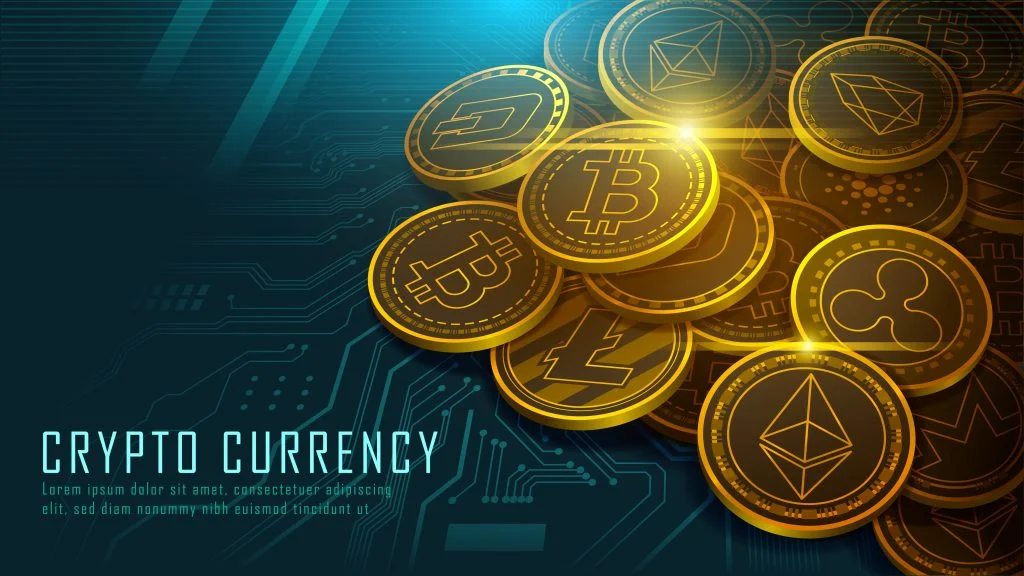Why Cryptocurrency Is the Currency of the Future
Cryptocurrency is the currency of the future – it’s a brand new way to handle money, and it’s already becoming wildly popular among businesses, consumers, and investors.
But what exactly is cryptocurrency? How does it work? And why should you care? We’ll take you through it all in this short and sweet guide to cryptocurrency that will leave you feeling like an expert on the topic.
Governments issue fiat currencies
When a government issues a currency, it’s called fiat currency. There are many different types of fiat currencies, but they all share one main feature: they’re governed by central banks and printed according to monetary policies.
Theoretically, governments that print fiat money can be irresponsible with their supply-the US Federal Reserve is infamous for quantitative easing-but governments will still try to stabilize their currency’s value when market forces throw them off course.
This might mean issuing debt or making large adjustments to interest rates. Fiat currencies like dollars, euros, and yen have become so popular because people trust them as reliable stores of value over time.
Fiat currencies are backed by gold, silver, or other commodities.
The currency has value because there’s a finite amount of it. As long as people have faith in that currency, its value should hold steady.
But with cryptocurrency, you can create an unlimited number of coins. What’s more, you can make alterations to those coins or offer them as rewards for solving specific types of problems.
That makes cryptocurrency potentially very valuable and worth a lot more than your local currency.
The value of fiat currency fluctuates.
The value of a dollar changes over time because it’s determined by supply and demand. For example, if our economy is expanding and inflation increases, we’d expect the dollar to be worthless in the future than it is today.
The opposite is true: As our economy contracts and inflation decreases, we expect dollars to rise in value over time.
This same process affects cryptocurrency: Prices fall when there are more crypto units available for sale than buyers looking to buy them.
The supply of cryptocurrency is fixed.
One thing that makes cryptocurrencies so appealing is their fixed supply. Unlike fiat currencies, which can be printed in unlimited quantities by central banks, there are a finite number of bitcoins and other cryptocurrencies out there.
This makes them much more attractive to investors who are looking for growth and less volatility in their investments. Fixed supplies also mean that cryptocurrencies are immune to hyperinflation.
By the way, don’t have any coins? You should buy SOL now. This is the best time to invest in a coin like SOL.
Cryptocurrencies can be traded globally 24/7
The cryptocurrency market is open 24 hours a day, 7 days a week. As such, it never sleeps.
Unlike other financial markets, it isn’t influenced by holidays or time zones, so you can trade whenever and wherever you want to be.
There’s never a gap in price changes because cryptocurrencies don’t sleep as their fiat counterparts do.
Governments cannot control cryptocurrencies.
One of crypto’s biggest allures is that it exists outside government control. Governments and regulators are nervous about their ability to control cryptocurrencies.
Right now, they have little or no oversight-and many advocates want to keep it that way. This allows people to move money quickly, anonymously, and without incurring significant fees.
It also makes cryptocurrencies a go-to resource for users who need to hide their financial activity from an oppressive government.
Digital currencies have low transaction fees.
One thing a lot of people struggle with when making transactions online is transaction fees.
Most credit card companies charge 3 percent or more per transaction-and that doesn’t even take into account currency exchange rates.
With digital currencies, however, there are usually no transfer fees. There are also no additional charges for using your digital currency to make purchases.
In other words, you can spend as much as you want and only pay once: at checkout.





